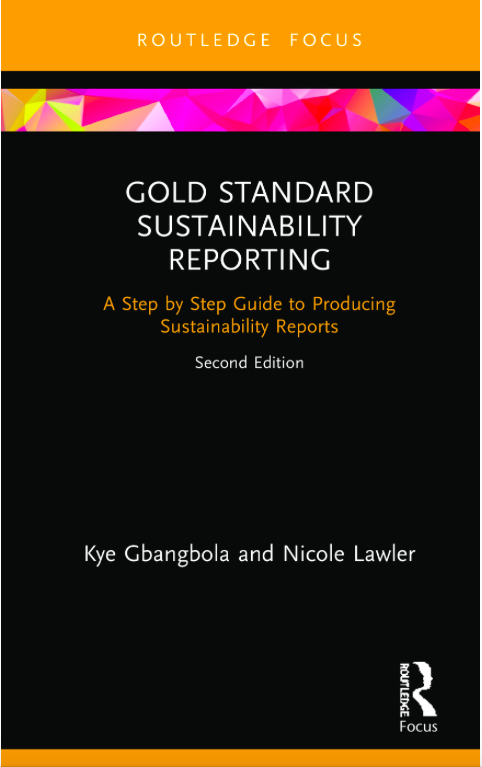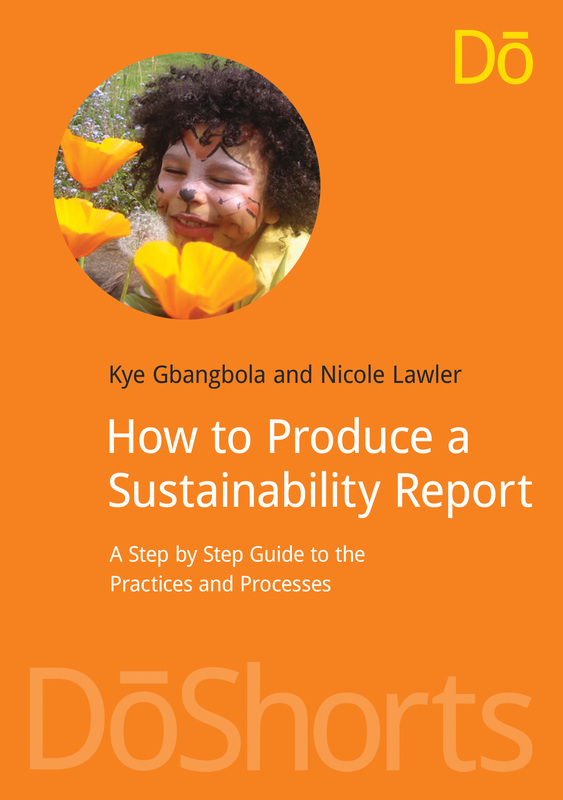
Amendments to the Companies Act 2006 mean that from 1 October this year, all companies will be required to prepare a separate Strategic Report alongside the annual Directors’ Report. The rules require quoted companies (that is UK companies listed on the Main Market of the London Stock Exchange or officially listed in an EEA state or admitted to dealing on either the New York Stock Exchange or NASDAQ) to make new disclosures on human rights issues, gender representation across the company and on greenhouse gas (GHG) emissions.
The reforms address growing concerns that annual reports are becoming increasingly vague, containing corporate jargon that is confusing to most readers, and lacking the clarity required for them to be effective.
The main changes include:
• The introduction of a Strategic Report, which is aimed at informing members of the company of the primary
“This helps build the trust and confidence that shareholders, and the wider public, need to have in our top companies. By including additional information on human rights, gender representation and greenhouse gases, these changes can only strengthen that level of trust.”
In an effort to simplify the reporting process, the new rules also remove the requirement for the following disclosures, either because they represent a duplication of information or because they do not provide any meaningful information:
• Information about asset values
These new reforms come as the European Commission also looks at increasing reporting on non-financial information across the bloc. In April 2013 the European Commission tabled a proposal for a directive requiring additional disclosures of non-financial information by large and listed European companies in their annual reports. However, these proposals are not expected to become law until at least 2016.
In June, the Department for Environment, Food & Rural Affairs (Defra) issued a set of guidelines on environmental reporting, including guidance designed to aid compliance with the GHG emission disclosure requirement under the new rules.
There are a number of internationally accepted sustainability frameworks which can also support companies in complying with the GHG emissions and human rights disclosures under the new rules, including: the United Nations Global Compact, the OECD’s Guidelines for Multi-National Enterprises, the United Nations Guiding Principles on Business and Human Rights and the Global Reporting Initiative’s Sustainability Reporting Framework. The Climate Disclosure Standards Board, managed as a special project of CDP, has also developed the Climate Change Reporting Framework which is a listed method of compliance to support companies in conforming specifically with the GHG emissions disclosure requirements of the new legislation. GRI produces the most comprehensive Sustainability Reporting Framework that is widely used around the world, not only addressing environmental but also social and governance issues, to enable greater organizational transparency.
The Companies Act 2006 (Strategic Report and Directors’ Report) Regulations 2013 are available via this link.
from → GRI















 RSS Feed
RSS Feed
